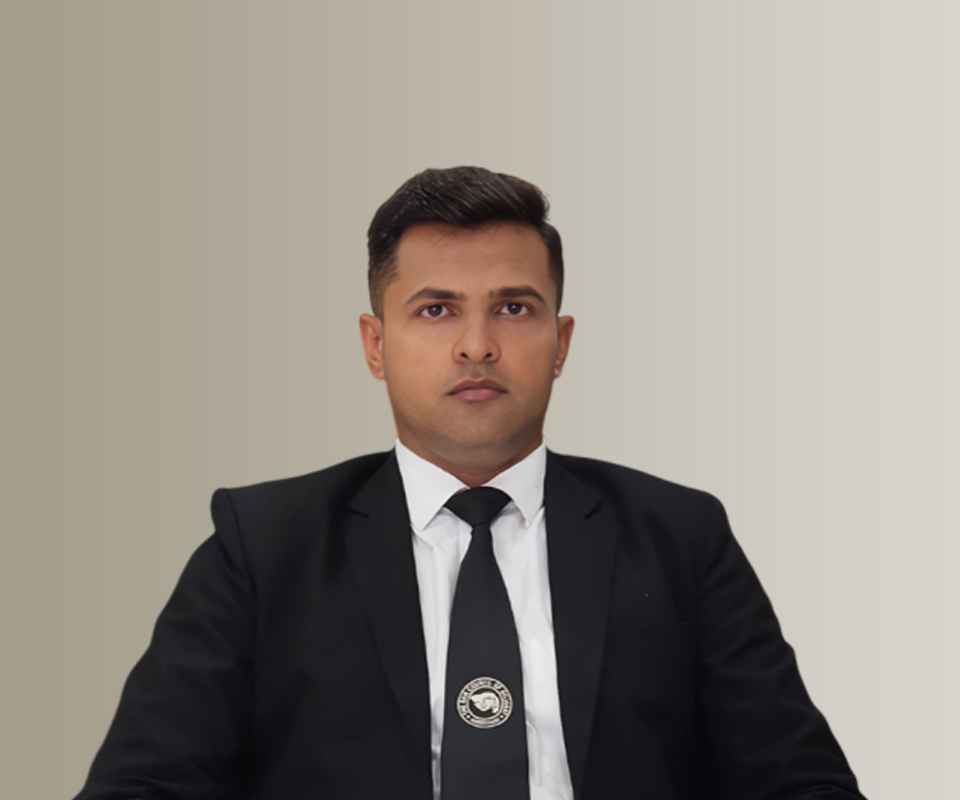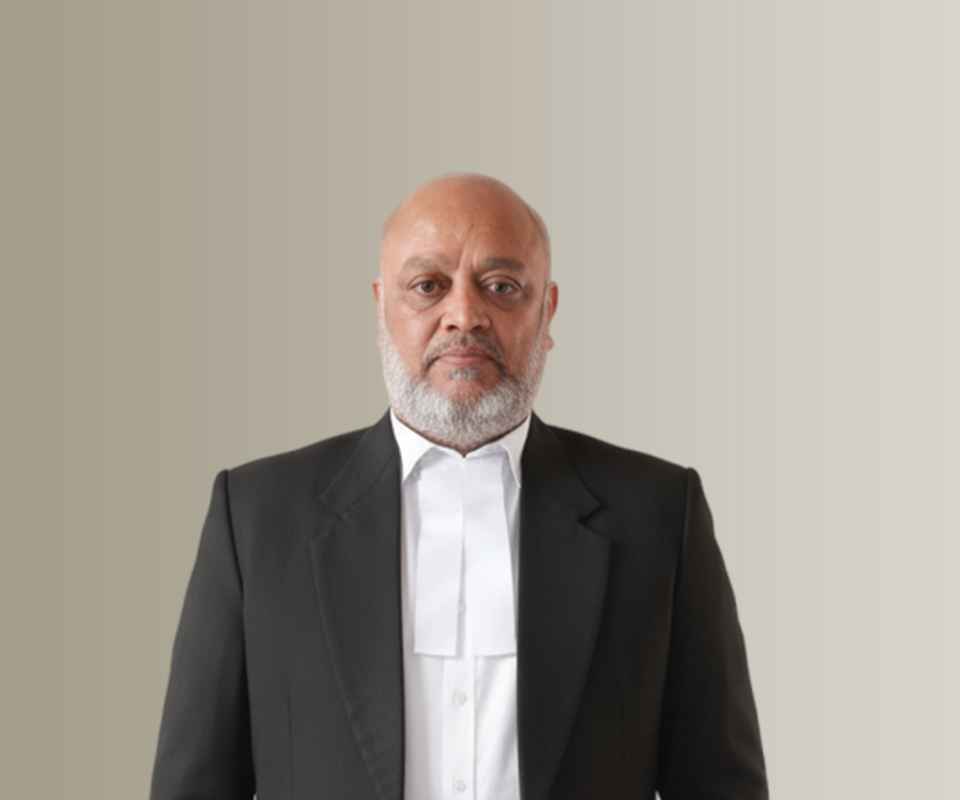Answer By law4u team
In India, same-sex couples face complex legal challenges when it comes to custody rights. While same-sex relationships have gained partial legal recognition following the decriminalization of homosexuality under Section 377 of the Indian Penal Code (2018), their parental rights—especially in relation to child custody and adoption—are not clearly defined by the law. Currently, Indian family law does not explicitly grant custody rights to same-sex couples, and their legal standing in custody disputes depends on various factors, such as the best interests of the child, adoption laws, and the recognition of their relationship by the court.
Legal Framework for Same-Sex Custody in India:
Legal Recognition of Same-Sex Relationships:
Although Section 377 of the Indian Penal Code was read down in 2018, decriminalizing same-sex relations between consenting adults, the Indian legal system has not yet extended full recognition to same-sex marriages or civil unions. This lack of legal recognition complicates issues surrounding parental rights for same-sex couples, including custody of children.
Custody and Adoption Laws:
Adoption laws in India (under the Hindu Adoption and Maintenance Act, 1956 (HAMA), and the Juvenile Justice (Care and Protection of Children) Act, 2015) currently do not allow same-sex couples to adopt children together. These laws restrict adoption to single individuals or heterosexual married couples.
Example: A same-sex couple cannot jointly adopt a child in India, though an individual from a same-sex couple may adopt as a single parent.
Custody Disputes Involving Same-Sex Couples:
In custody cases, Indian courts are required to consider the best interests of the child. If a same-sex couple has been the primary caregiver, courts may award custody to one of the partners, but it is not guaranteed that both partners will be given parental rights, especially if their relationship is not legally recognized.
Example: If a child has been living with a same-sex couple, but the biological parent (of one of the partners) seeks custody, the court will prioritize the biological parent’s rights unless evidence supports the fact that the child has been better cared for by the same-sex couple.
Best Interests of the Child:
In custody decisions, the best interests of the child remain the primary consideration. If one of the same-sex partners has been the primary caregiver, and if the other partner is involved in the child’s upbringing and well-being, the courts may award custody to that parent, regardless of the sexual orientation of the couple.
Example: If a child has been living with one of the partners in a same-sex relationship, and that partner can prove they are the child’s primary caregiver, the court may award custody to that parent, even if the other partner is not legally recognized as a parent.
Surrogacy and Parenting Rights:
In cases where a same-sex couple wishes to have a child through surrogacy, they face significant legal challenges. Surrogacy laws in India (under the Surrogacy (Regulation) Bill, 2020) do not allow commercial surrogacy for foreign nationals or unmarried couples, and there is no provision for same-sex couples to access surrogacy under current laws.
Example: A same-sex couple wishing to use a surrogate mother would face legal barriers, as they are not permitted to enter into surrogacy contracts under Indian law.
Parenting Rights for Non-Biological Parents:
In cases where one partner is the biological parent and the other is not, the non-biological parent may have to go through a legal process (such as obtaining a guardianship order or adoptive parent status) to be legally recognized as the child’s parent. This can be complicated for same-sex couples, as there is no clear legal framework for recognizing the rights of a non-biological same-sex partner.
Example: If a child was born through artificial insemination or surrogacy, the non-biological same-sex parent may need to apply for guardianship or go through a formal adoption process.
Challenges in Family Courts:
In Indian family courts, the lack of clear legal provisions for same-sex couples may lead to uncertainty in custody disputes. Even though the best interests of the child should guide the decision, courts may still be reluctant to grant custody to non-biological same-sex parents due to the absence of legal recognition of the relationship.
Example: A same-sex couple, where one parent is the biological mother, may face resistance from the court if the other partner seeks custody or guardianship, as family law does not recognize their joint parenthood.
Key Considerations for Custody Decisions Involving Same-Sex Couples:
- Legal Recognition of Relationship: Lack of legal recognition for same-sex relationships complicates custody and guardianship claims.
- Best Interests of the Child: The court will prioritize the child’s well-being, and if a same-sex couple has been the primary caregivers, they may have a stronger claim to custody.
- Parental Responsibility: Courts will examine the parenting capacity of the couple, considering who has been involved in the child’s daily care, regardless of sexual orientation.
- Surrogacy and Adoption: Same-sex couples face challenges in pursuing surrogacy and adoption, which can limit their options for becoming legal parents.
- Guardianship and Adoption Rights: Non-biological parents in a same-sex relationship may need to seek formal guardianship or adoption to be recognized legally as a parent.
Example: Consider a situation where a same-sex couple has been living together and raising a child born through artificial insemination. If the biological mother dies or is deemed unfit, the non-biological mother might seek custody. In this case, the court would primarily focus on the best interests of the child, including emotional bonds and the caregiving capacity of the non-biological mother, but the legal challenges could make the process complex, especially without formal adoption or legal recognition of their relationship.
Conclusion:
In India, same-sex couples do not have explicit custody rights under existing family laws, as Indian law does not recognize same-sex marriages or civil unions. However, in cases where a same-sex couple has been the primary caregivers for a child, courts may still consider the best interests of the child when making custody decisions. Legal obstacles remain for same-sex couples seeking joint custody, adoption, or formal recognition of parental rights, as current laws do not fully accommodate LGBTQ+ parenting. As of now, the legal framework for same-sex couples and custody is limited, and these couples face significant barriers in asserting their rights over children in India.







